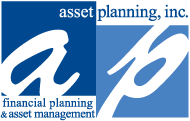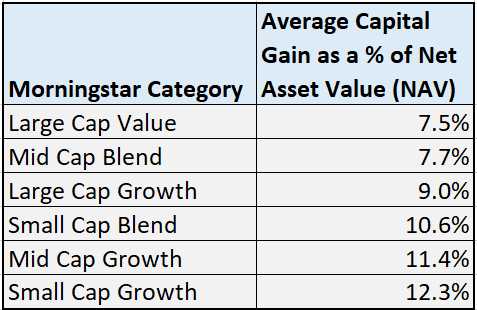We talk to clients everyday about how important estate planning is and how they should have a trust in place to ensure that their wishes are met after they pass away or become incapacitated. While having a trust set up is great it doesn’t really provide all of the details necessary for a spouse or loved one to take care of the day to day tasks of wrapping up your affairs. It is a really good idea to create an information folder that provides the pertinent details such as account numbers and passwords. This is also valuable to have in case of an emergency such as a car accident or house fire. You can grab this folder and go. Here is a list of information you should have in the folder.
• Assets: checking and investment accounts, private business interests, location of safety deposit boxes, annuities, individual retirement accounts and 401(k)s, trust agreements, real estate, vehicles, collectibles
• Liabilities: credit cards, mortgages, car payments, cell phone bills, other recurring bills • Social media/online accounts: passwords and login information for Facebook, Twitter, Instagram, Pinterest, LinkedIn, Amazon, PayPal, eBay, Netflix, Hulu, iCloud or other cloud storage accounts, online photo storage accounts
• Miscellaneous subscriptions/memberships: airline rewards programs, Sam’s, BJ’s or Costco memberships, toll tag accounts, magazines, newspapers • Insurance: life insurance, long-term care, disability, home, auto
• Home maintenance: water, gas, electricity, telephone, alarm, lawn care, cable television, Internet service • Medical: medical conditions, medications, emergency contacts
• Personal: burial/cremation preferences, funeral plans, pre-paid funeral expenses, birth certificates, marriage certificates, Social Security card
• Key contacts: financial and legal advisors, doctors, family members, close friends
Each person’s folder will require different information but this is a good start and you can customize it as needed. It also may be a good idea to keep a copy of this information in a folder in your email account, that way you only need to have one password to give out and everything is backed up by the cloud.
(This list was compiled from an article on wealthmanagement.com)

